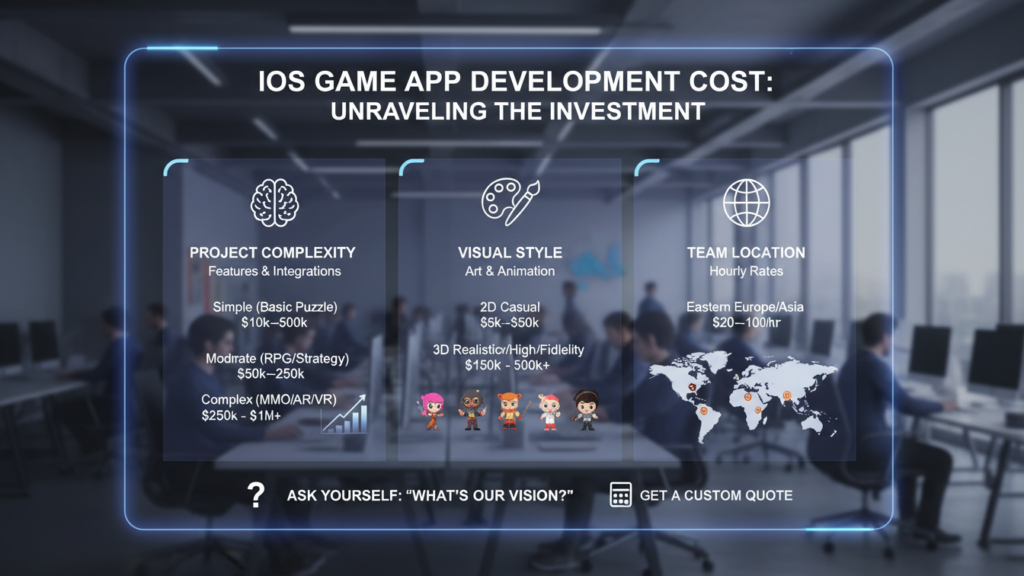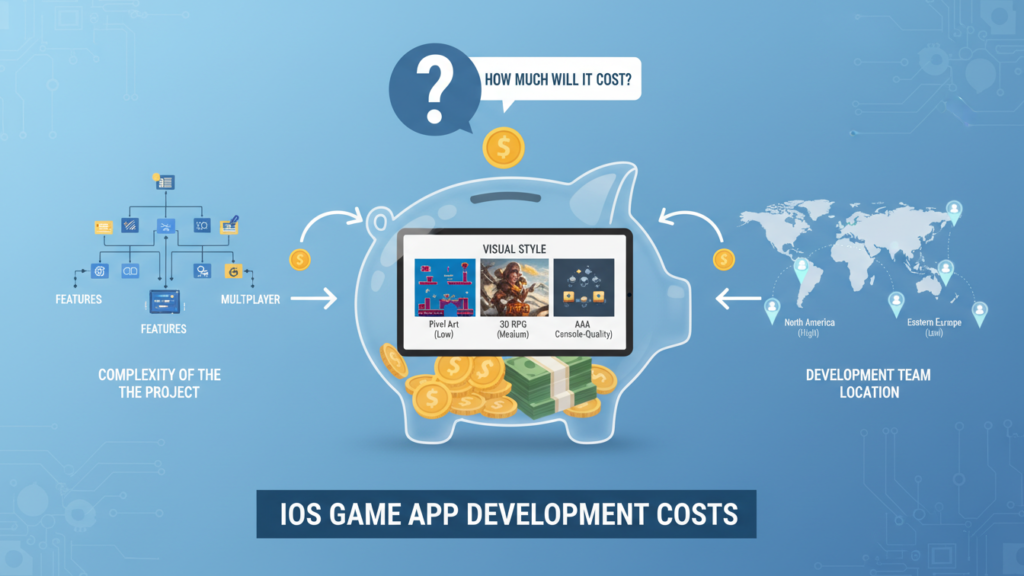
At its core, the role of a mobile app developer involves designing, building, and maintaining mobile applications for a variety of platforms, including iOS and Android.
This may include everything from creating user interfaces (UIs) and user experiences (UXs) to writing code, testing, debugging, and optimizing performance. Mobile app developers must also be proficient in a range of programming languages and frameworks, such as Swift for iOS or Kotlin for Android, as well as knowledgeable about various development tools, platforms, and methodologies.
In addition to these technical skills, successful mobile app developers must also possess strong problem-solving abilities, creativity, attention to detail, and excellent communication skills. They must be able to collaborate effectively with cross-functional teams, including designers, product managers, marketers, and other stakeholders, to ensure that their apps meet the needs of users and deliver on business goals.
Real-World Examples of Mobile App Developers at Work
To better understand the role of mobile app developers, let’s take a look at some real-world examples of these professionals in action.
1. Uber: One of the most well-known and successful mobile apps in the world, Uber is a prime example of the power of mobile app development. With over 7 million drivers and 90 million users worldwide, this ride-sharing platform has revolutionized the way people travel and connect with others. Mobile app developers at Uber are responsible for maintaining and updating the app’s complex infrastructure, ensuring that it remains stable and secure, while also adding new features and functionality to enhance the user experience.
2. Instagram: Another popular mobile app that has changed the game in its respective industry, Instagram is a visual-based social media platform with over one billion monthly active users. Mobile app developers at Instagram work closely with designers and product managers to create stunning UI/UX designs that showcase the app’s unique features and capabilities, such as Stories, IGTV, and Shopping. They also play a critical role in optimizing the app’s performance, ensuring that it loads quickly and runs smoothly on a wide range of devices and operating systems.
3. Headspace: A meditation and mindfulness app with over 50 million downloads, Headspace is an excellent example of how mobile app developers can help people improve their mental health and well-being. These professionals work closely with experts in the field to create engaging and effective guided meditations, as well as other resources designed to promote relaxation, focus, and self-awareness. They also ensure that the app is easy to use and visually appealing, with a clean and intuitive UI that guides users through their meditation practice.
The Challenges Faced by Mobile App Developers
While mobile app development can be incredibly rewarding, it is not without its challenges. In this section, we will explore some of the most significant obstacles faced by mobile app developers today, drawing on expert insights and real-world examples to help you navigate these challenges effectively.
1. Keeping up with evolving technologies: The rapid pace of technological change is one of the biggest challenges faced by mobile app developers. New frameworks, tools, and platforms are being released all the time, making it difficult for developers to stay current with the latest developments and best practices.
2. Ensuring cross-platform compatibility: Mobile app developers must ensure that their apps work seamlessly across a variety of platforms and devices, including iOS and Android, as well as different screen sizes and resolutions. This requires a deep understanding of each platform’s unique features, capabilities, and limitations, as well as the ability to write clean, efficient code that can adapt to changing conditions.
3. Maintaining security and privacy: With millions of users accessing their personal information through mobile apps, security and privacy have become critical concerns for mobile app developers. These professionals must ensure that their apps are secure against hacking, malware, and other forms of cyber threats, while also complying with strict data protection regulations, such as GDPR and CCPA.
4. Managing user expectations: Mobile app users expect high-quality, reliable experiences, which can be challenging to deliver, particularly when dealing with limited resources and competing priorities. Developers must manage user expectations effectively by setting realistic timelines, communicating regularly, and delivering on promises.



